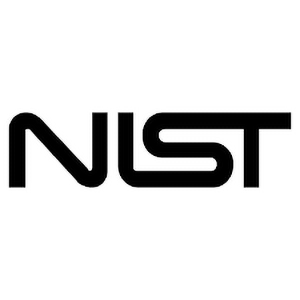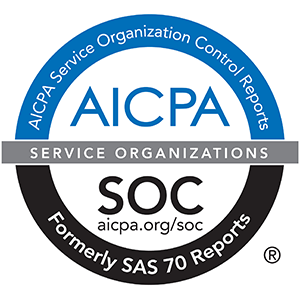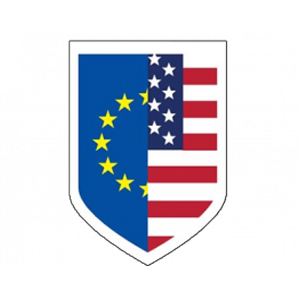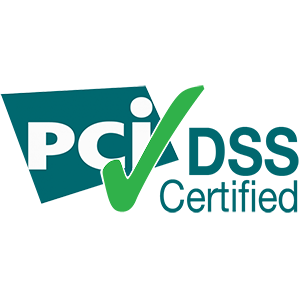We go to great lengths to protect the confidentiality of the data maintained on behalf of our clients – providing our clients with the highest standard of care to maintain the integrity and confidentiality of each settlement.
Our distribution processes undergo an annual SOC 1 Type II audit that tests Analytics’ controls that ensure funds are distributed accurately – and in conformance with client directions. Exceeding the requirements of SOC2, Analytics holds a FISMA-moderate “Authority to Operate” from the Securities and Exchange Commission and the Bureau of Consumer Financial Protection, and a “Authority to Use” from the Federal Trade Commission.
Regardless of a client’s compliance requirements, Analytics will exceed their expectations. With the Federal agency responsible for enforcing data privacy laws as a client, we provide the highest standard of care in protecting the integrity and confidentiality of the information we collect and manage.





